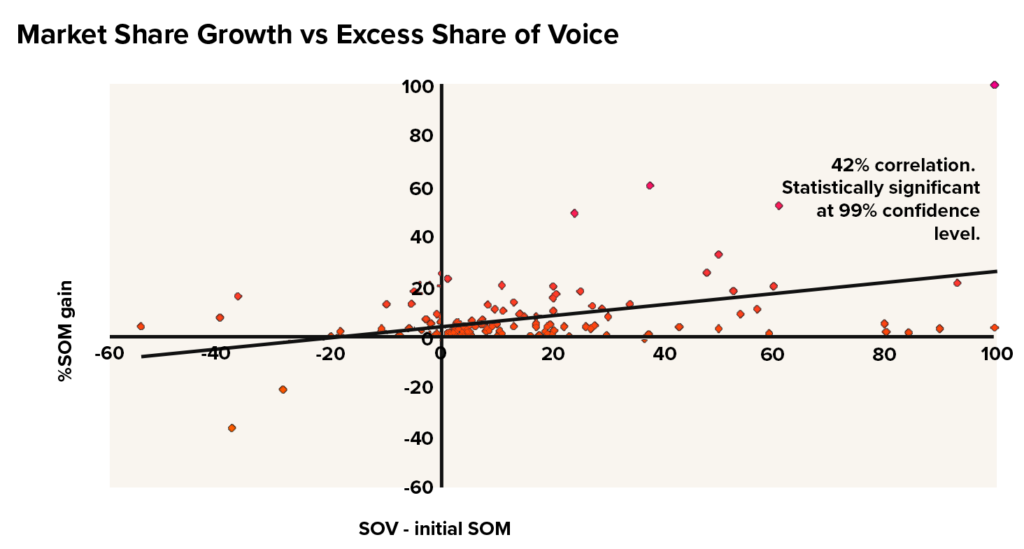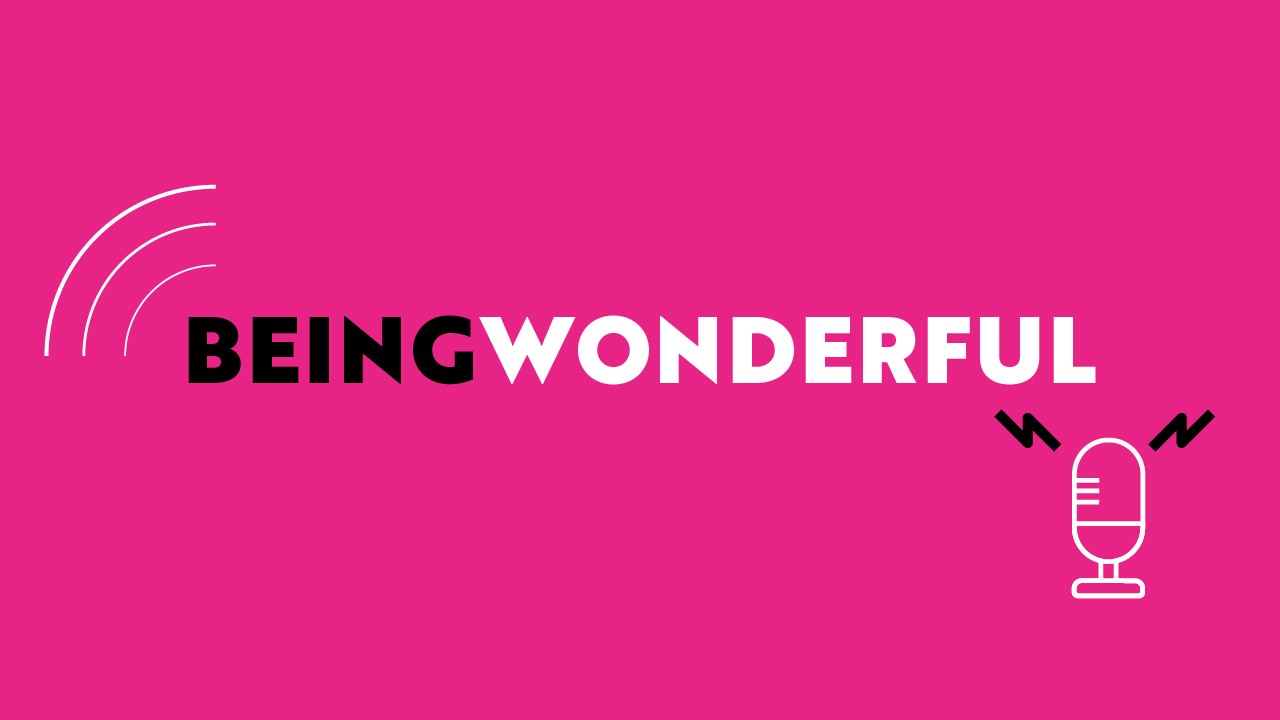
Covid-19 has had a huge impact on human-life in the UK since hitting our shores, of that there is no doubt, and businesses of every size are certainly having to adapt operationally as well as across almost every other department. It is true that we are going to have to wait to discover just how great the impact of the COVID-19 virus pandemic is going to be on economic activity, but many experts are already predicting a very high likelihood of recession. Though governments around the world will be actioning a range of measures to ensure that any sort of recession is as short and as shallow as possible, the temptation for many in the business world will be to cut marketing and advertising spend to the absolute bare minimum, especially if this is their first experience of a downturn. This may prove to have a negative impact.
Cost-cutting is a reaction, not a strategy.
A 2007 study by Les Binet and Peter Field entitled “Marketing In The Era Of Accountability” demonstrated that companies cutting investment by 50% for 1 year before returning to normal weight during a downturn take up to 2 years to recover lost share. Whilst those that increase exposure during downturn can gain up to 3x more share (SOM & SOV) in the first 2 years of recovery.
Similarly, Tony Hillier’s “Successful Competitive Strategies For Recession And Recovery” cites that ‘Surplus’ share of spend / exposure generates faster market share gains in the depressed media spend of the downturn. In other words, you can make % share gains whilst others pull back.
The losses to be made from going back into your shell, versus the potential gains from expanding share of voice in a market are clearly quite stark.
Many specialists and economists are likening the current uncertainty associated with Covid-19 with the start of the Global Financial Crisis in 2008, when no one was sure just how bad things would get and the natural temptation was to assume the worst. But is that the best approach? And can we learn anything from the other previous downturns that will help us weather this one and emerge stronger?
The 2002 SARS Epidemic
During the 2002 SARS epidemic, 8,000 cases were confirmed and 774 people died, of which 648 were on mainland China. Of course, this has since been far surpassed by Covid-19 (sadly), but the parallels can be made. Uncertainty. Human loss. Lockdowns and social distancing. All of these were similar, although on a smaller and more localised scale in China in 2002. The parallels don’t just stop at the social impact – there are a number of similar behavioural changes which are similarly aligned, although we’re clearly 18 years further down the line.
The SARS epidemic was the tipping point for mass internet adoption in China as people looked to mobile devices and the web for information and updates. This soon evolved, and triggered a digital entertainment and e-commerce revolution in the country as millions were confined to their homes. During the epidemic, people took to their mobile devices and web to search for answers. The repercussions of this were the sudden digital entertainment and e-commerce revolution in the country. Opportunity presented itself as people confined to their home, normally socially engaged, were now in need of entertainment at home. In fact, SARS is credited with triggering the growth of a huge range of digital businesses in the country, the headline case-study being B2B e-commerce platform Alibaba.com.
Many countries around the world issued travel warnings for businessmen traveling to China, and thus many looking to do business with Chinese manufacturers and traders turned to Alibaba’s online business to source Chinese goods. Starting in March 2003, Alibaba’s B2B e-commerce business added 4,000 new members and 9,000 listings each day, a 3-5x increase over the pre-SARS rate. This level of adoption and total digital transformation is staggering. In the same way that demand increased, Chinese suppliers, faced with few other options, also invested more in online marketing on Alibaba’s platform. Alibaba’s business grew 50% that year and was seeing daily revenues of 10 million RMB (Chinese Yuan). Over half of the 1.4 million suppliers on the B2B platform saw strong sales growth during this period and the platform has arguably built the ‘new digital model’ for doing international business with China.
It is evident that history can teach us to look for the glimmers of hope and opportunities within the adversity during challenging times such as those experienced during SARS and, more recently, Covid-19.
5 Timeless Lessons from the Past:
In our recent Scale or Fail webinar, “Surviving & Thriving in Times of Uncertainty” we covered a section called ‘Learning from Precedent’ exploring some past examples of events to discover keys to moving forward, in which we summarised 5 key learnings which can be applied to this current crisis:
- ‘Black Swan Events’ can Break a Brand, or Make it: ‘Black Swan’ events like SARS, Ebola or COVID-19 are moments-of-truth for brands (and marketers) – of their purpose, values, commitments; but equally of their agility, creativity and spirit.
- There will be an ‘After’: We don’t yet know when, but when it happens, it will happen fast, releasing pent-up demand.
- But it will be a Different Place: Marked by lasting shifts, both attitudinal and behavioural, creating new needs, new priorities – and new competitive opportunities.
- The Key is Managing all Time Horizons: Marketers who manage to turn crisis into opportunity are those who consider and address impacts across the short, mid and long term.
- Failing to Prepare: Prepare to Fail: Fortune favours the prepared, agile and decisive – true in good times, even more so in testing ones.
What does this mean in the real world?
It is very easy to take the aforementioned precedent and research/studies on face value and apply the learnings to your business unilaterally. However, it is clear that some industries have been impacted more than others (most notably leisure, travel, automotive), and in different ways across different sizes of B2B & B2C companies. It’s important to apply the relevant learnings case-by-case, and to adapt the strategy to suit your business in the immediate term, whilst ensuring we’re building good foundations for the mid and longer term outcomes.
We’ve shown that crises give the chance to turn uncertainty into opportunity, and evidence shows that those who sustain or invest in their marketing operations will win when things return to the ‘new normal’. We’ve been working with a number of our clients on different adaptive strategies for coping with all three time horizons. For some, this has meant adapting a B2B strategy geared heavily toward customer & revenue acquisition through trade events and shows, to a much more digital-first approach; for others, this is actually an opportunity to capitalise (much like Alibaba did in 2002-3) on the behavioural changes of the consumer in the short term and to maximise lifetime customer value by thinking forward to the longer term.
We explore these strategies in more detail in our Scale or Fail webinar series, and are inviting business leaders to get in touch to discuss their challenges during this outbreak. In our ‘Wonderful’ way, we really are here to help, and welcome you getting in touch to discuss what we can do to help you survive and thrive during these times of uncertainty.
Latest posts

5 reasons why we still need Wonder in an AI driven world
As an agency, we are grappling with the role and application of AI within our daily business activities, our client offering, and our future growth

The Power of Purpose and Impact on Business Growth
In a marketplace increasingly driven by values and social consciousness, the role of purpose and impact in business growth has never been more critical.

Three key benefits of integrating a sense of Wonder within your brand & marketing strategies
We love creating Wonder. It’s our passion and forms our client mission. However, in an age where your customers and clients are bombarded with constant information and countless choices, capturing attention and building lasting connections has become increasingly challenging. We all have to work harder to capture people’s attention.